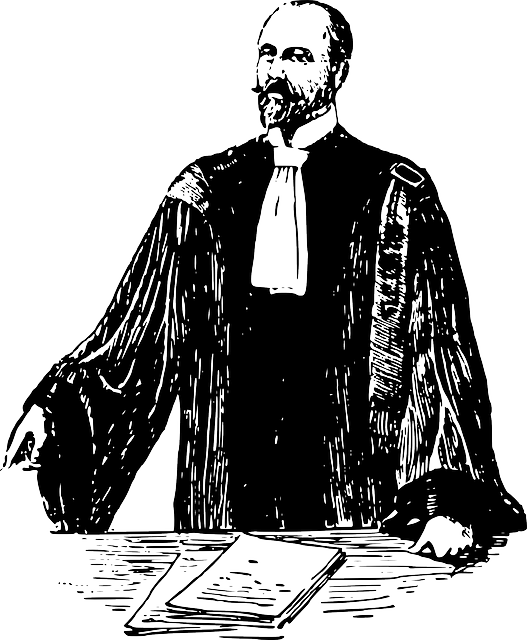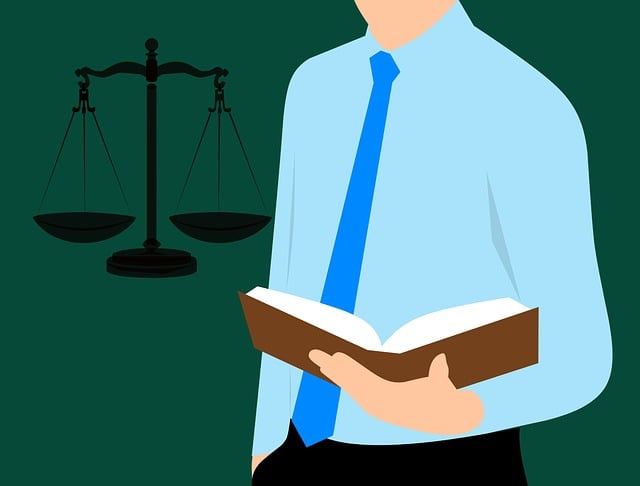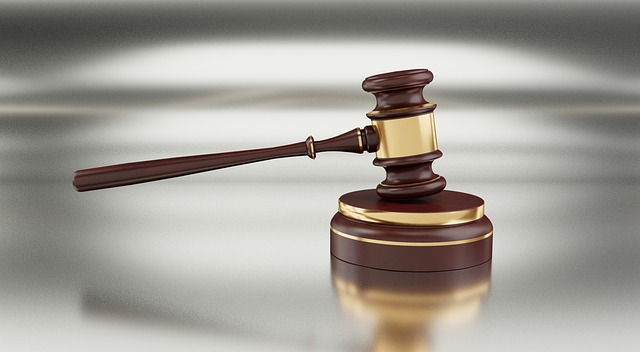Youth Justice and Fair Treatment principles demand equal protection for all, especially vulnerable youth and pedestrians, during DUI incidents. While legal safeguards exist, their complexity can lead to disparities in treatment, disproportionately affecting marginalized youth. Comprehensive reform is needed to ensure access to age-appropriate legal representation and an understanding of rights. A multi-faceted approach including education, restorative justice, and supportive programs can empower youth, promote fair treatment, and enhance pedestrian safety. Focusing on Pedestrians Rights in DUI Incidents is crucial for creating safer, more inclusive communities.
Youth justice and fair treatment are fundamental principles ensuring every young person receives equitable legal protection. This article explores these concepts through the lens of pedestrians’ rights, specifically focusing on complex DUI incidents. We delve into the current landscape, highlighting challenges and gaps in legal protections for young pedestrians. By examining these issues, we lay a foundation for change, advocating for strategies that advance equity and justice, especially in cases involving underage individuals and drunk driving situations, thereby strengthening pedestrians’ rights in DUI incidents.
- Understanding Youth Justice and Fair Treatment: A Foundation for Equality
- Pedestrians' Rights: Unraveling the Complexities in DUI Incidents
- The Current Landscape: Challenges and Gaps in Legal Protection
- Strategies for Change: Advancing Equity and Justice for Young Pedestrians
Understanding Youth Justice and Fair Treatment: A Foundation for Equality

Youth Justice and Fair Treatment are fundamental concepts that underpin a society’s commitment to equality and fairness, especially for young individuals who are still shaping their futures. This involves recognizing and addressing disparities often faced by youth, particularly in legal proceedings and societal interactions. A key aspect is ensuring that young people, especially those facing charges or involved in the justice system, receive equal treatment without discrimination based on age, race, gender, or socioeconomic background.
In the context of DUI (Drunk Driving Underage) incidents involving pedestrians, fair treatment demands a sensitive and just approach. Pedestrians’ rights must be upheld, ensuring they are protected from harm and that their legal rights are respected. This includes fair trials, access to legal representation, and equitable sentencing for all parties involved, regardless of age or background. By promoting youth justice and fair treatment, communities can foster a sense of equality and accountability, ultimately contributing to safer and more inclusive environments for everyone.
Pedestrians' Rights: Unraveling the Complexities in DUI Incidents
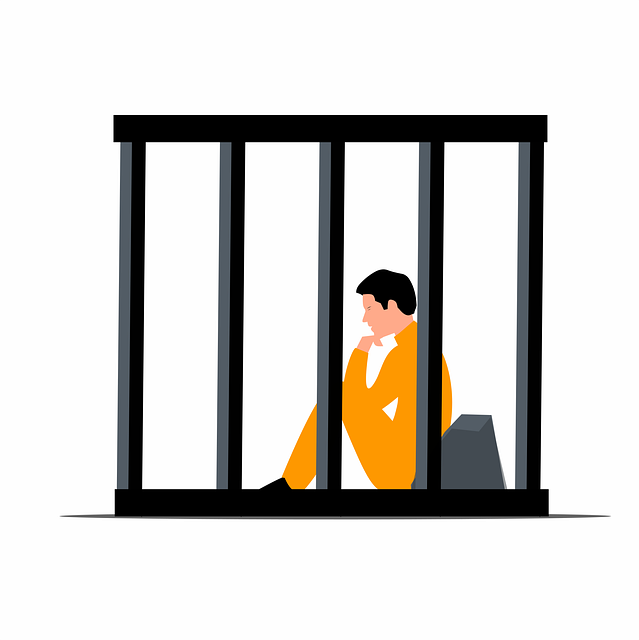
In the context of Youth Justice and Fair Treatment, understanding the complexities surrounding Pedestrians’ Rights in DUI (Driving Under the Influence) incidents is paramount. When individuals, especially youth, are affected by such incidents, their rights as pedestrians become a critical aspect of ensuring justice and equitable outcomes. In many jurisdictions, pedestrians have specific legal protections, but these can be intricate and often misunderstood, particularly when entangled with alcohol-related driving offenses.
The interplay between Pedestrians’ Rights and DUI laws is a challenging terrain. Pedestrians, especially in urban areas, are vulnerable to the actions of impaired drivers. This vulnerability raises questions about their rights to safety, protection, and fair treatment within the legal system. Unraveling these complexities requires a nuanced understanding of both pedestrian and driver responsibilities, aiming to balance public safety with individual liberties, ensuring that justice serves all affected by DUI incidents equitably.
The Current Landscape: Challenges and Gaps in Legal Protection

The current landscape of youth justice presents several challenges and gaps in legal protection, particularly when it comes to fair treatment in cases involving pedestrians rights during DUI (Drunk Driving Under Influence) incidents. Despite efforts to promote equality before the law, youth, especially from marginalized communities, often face disparities in sentencing and prosecution. This is exacerbated by a lack of age-appropriate legal representation and understanding of their rights, leading to adverse outcomes that can last into adulthood.
The intersection of youthhood and drunk driving highlights critical failures in the justice system. Pedestrians, who may be young people themselves, are at heightened risk during these incidents due to increased vulnerability on the roads. Existing laws and policies have not kept pace with the evolving needs of a diverse youth population, resulting in inadequate protections for their rights and safety. Addressing these challenges requires comprehensive reform that ensures equal access to justice for all, regardless of age or background.
Strategies for Change: Advancing Equity and Justice for Young Pedestrians
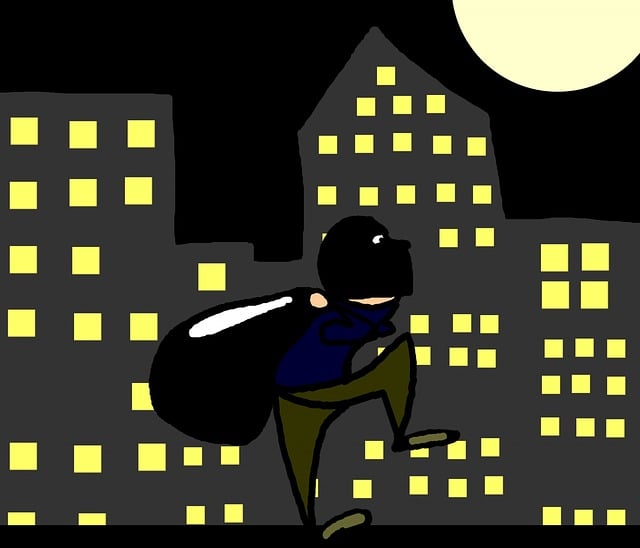
Advancing equity and justice for young pedestrians, especially those involved in DUI incidents, requires a multi-faceted approach. One key strategy is to empower and educate both youth and law enforcement about their rights and responsibilities. This includes raising awareness about pedestrian safety, promoting understanding of legal protections for young people, and fostering open dialogue between communities and authorities.
Implementing policies that prioritize alternative sentencing options and restorative justice practices can also make a significant difference. These approaches focus on rehabilitation and reintegration rather than solely punitive measures, ensuring that young pedestrians receive fair treatment while addressing the underlying causes of their actions. Additionally, supporting programs that provide mentorship, counseling, and job training opportunities can help divert youth from high-risk behaviors and promote positive growth.
In conclusion, achieving fair treatment in youth justice requires a comprehensive understanding of fundamental rights, particularly for young pedestrians involved in DUI incidents. By addressing the complexities within the legal system and advocating for equitable strategies, we can ensure that young individuals receive just and proportionate outcomes. Understanding their rights as pedestrians is a pivotal step towards revolutionizing the approach to these cases, leading to a safer and more supportive justice system for all youth. Moreover, recognizing and rectifying current landscape challenges is essential in advancing fairness and promoting a culture of equality under the law.



